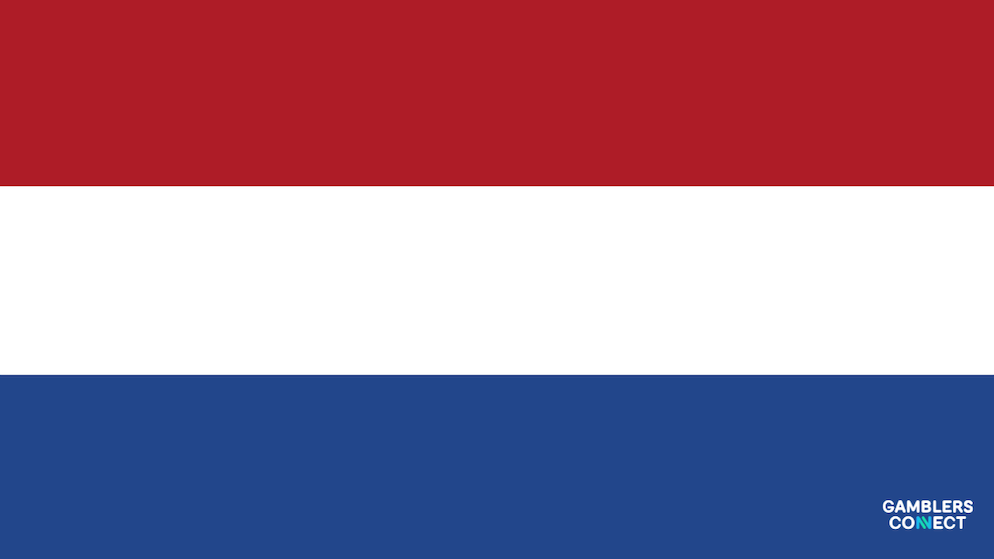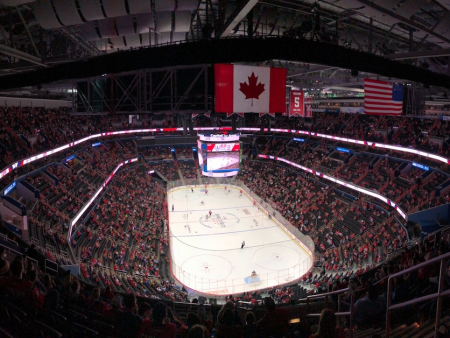
A recent report from the Netherlands has drawn a direct link between a recent hike in the country’s gambling tax rate and a series of negative consequences for the regulated market, including lower-than-expected government revenues and a concerning increase in the use of illegal, unlicensed operators.
The findings, supported by the Dutch online gambling association NOGA, suggest that the decision to raise the tax on gross gaming revenue (GGR) has inadvertently created an environment that is less competitive for licensed providers, pushing a segment of players towards the black market.
This outcome contradicts the primary goals of the country’s regulated online gambling framework, which was designed to enhance player protection by channelling users to safe and legal platforms.
The tax increase was implemented with the intention of boosting state revenues from the burgeoning online gambling sector. However, the report indicates that this may have been a miscalculation.
By making the licensed market more expensive for operators, the tax hike has put pressure on their ability to offer competitive odds and bonuses.
As a result, price-sensitive players are reportedly seeking out unlicensed websites that do not bear the same tax burden and can therefore offer more attractive propositions.
This shift not only leads to a reduction in the GGR generated within the regulated system, thereby lowering the tax base, but it also exposes consumers to significant risks, as illegal operators do not adhere to the same standards of player protection, responsible gaming, and data security.
The Dutch Gambling Association has warned that these developments threaten the long-term viability and integrity of the legal market.
They are urging policymakers to reconsider the tax rate and adopt a more balanced approach that supports the competitiveness of licensed operators while still ensuring a fair contribution to the state.
The association argues that a thriving, well-regulated market is the most effective tool for minimizing the harms associated with illegal gambling.
The report serves as a cautionary tale for other jurisdictions considering similar tax policies, highlighting the delicate balance required to create a sustainable and safe online gambling environment.





